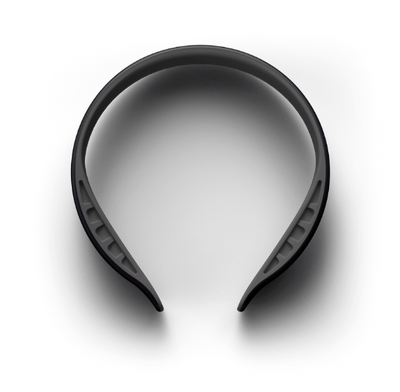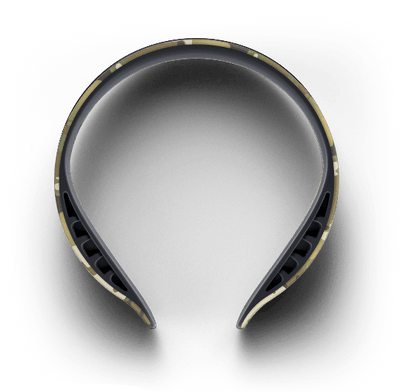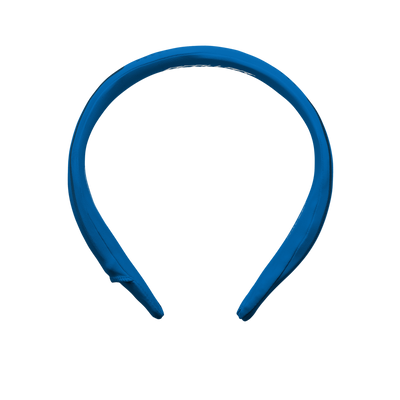Carolina Panthers Linebacker Shaq Thompson has been one of the NFL’s most impactful linebackers since entering the league in 2015. Upon graduating Grant Union High School in Sacramento, CA as the fourth-best recruit overall in the Class of 2012, Thompson signed with the University of Washington.
However, as a multi-sport star, Thompson was selected in the 18th round, 571st overall in the 2012 MLB Draft by the Boston Red Sox. Thompson then signed with the Red Sox and played professional baseball for the Red Sox’s Gulf Coast League-affiliate for the Summer of 2012 before committing himself to football full-time.
As a member of the University of Washington Huskies Football Team, he became one of the school’s all-time greats. In 2014, Shaq was a First-Team All-American and a recipient of the Paul Hornung Award. Following in the footsteps of his brother Syd'Quan, Thompson declared early for the 2015 NFL Draft, and was selected by the Panthers in the 1st Round, 25th Overall.
Now in his eighth season in Carolina, he has been a key cog in their defense since he arrived helping lead the team to Super Bowl 50 in Thompson’s rookie year. Additionally, Shaq’s work off-the-field has made a profound impact on both the Charlotte, NC and Sacramento, CA areas, earning Thompson the Panthers’ 2020 Nomination for the Walter Peyton Man of the Year Award.
During the 2022 season, Shaq sat down to discuss what he sets him apart the field, what he hopes life after football will look like, and why, beginning this season, Thompson has been wearing the Q-Collar:
What did you enjoy most about football growing up?
“I enjoyed the physical contact. Football was a big stress-reliever for me, especially with a lot of the hard times that my family endured. It was an escape for me where I could focus on nothing but football and release all my stress. To this day, I still have the same feeling about football.”
What’s your pregame routine?
“I’ll wake up, get a good breakfast, hydrate, listen to some music and get an IV. Before the game, all that’s on my mind is making plays, helping my teammates make plays and just doing my job. I still get butterflies when I’m out there just because I don’t want to mess up and I don’t want to let myself, nor my teammates down. I am always thinking about the different checks I have to make, so my defensive teammates are in the right front and we’re all on the same page.”
How important is the mental component to your game?
“I think the mental aspect of my game is very important. I have to have a clear mind. I have to make sure mentally I’m in the right spot. We have this saying ‘be where your feet are.’ Once my feet are in that building, my mind is in that building. When I’m there, it’s all football.”
What do you think the strengths in your game are?
“One of the biggest strengths in my game is being able to run sideline-to-sideline. Not a lot of Linebackers in the league can do that. Some of my other strengths include playing in coverage, tackling, and just bringing energy to my teammates on the field. All I care about is winning every rep and every play for them.”
What ultimately made you decide to try the Q-Collar for the first time?
“Luke Kuechly is who made me decide to try the Q-Collar. Once he taught me about what the Q-Collar does, I was up for it. My agent then approached me saying that Q-Collar would like to work with me. I was all for it. Anything to try and make the game safer and to protect myself for the remainder of my career. I want to protect my longevity for myself and for my kids. CTE is real and I’d do anything to help protect my brain.”
How have you been feeling wearing the Q-Collar?
“I’ve been feeling great. My headaches have gone down. I feel ‘clear’ when I’m out there. I feel like I’m very protected. I know the helmet protects my head, but I feel like the Q-Collar protects my brain from getting rattled.”
Do your teammates ask you about the Q-Collar?
“Yes. I’ve been asked a couple of times about what I’m wearing on my neck. I tell them that it’s a Q-Collar. I then explain what the Q-Collar does to them and some of them tell me that they think that the Q-Collar could really help them.”
What would you say to an athlete or parent considering wearing the Q-Collar?
“I’d tell a parent or athlete considering purchasing the Q-Collar to do their research. You should understand what the brain does and understand what your sport can do to your brain, especially football. All this full-speed contact could really rattle the brain and cause CTE. I would say invest in a Q-Collar. I did and I feel like it’s a great cause. It’s going to help the sport. The Q-Collar can help you live and enjoy life long after you’re done playing your sport.”
Do you think the Q-Collar will have an impact on football as a whole?
“I foresee the Q-Collar having a large impact on football. Once everyone understands what it does and how it will protect everyone, football players l from the pro’s, all the way down to youth leagues, will be wearing the Q-Collar. People will realize that this is the safest way to play football. It’s not going to bother you. It’s just like any other piece of equipment.”
Why are you taking action to protect your brain?
“I’m taking action to protect my brain because I’ve seen a lot of former players get diagnosed with CTE and randomly pass away. After their dead, they’ll do a brain study and we’ll find out that they had CTE, and that’s something I really don’t want to have happen to me, which is why I’m wearing a Q-Collar.”
What do you want life to look like after you’re done playing football?
“I want my life after football to look like nothing happened. I want to be emotionally and physically there for my kids and my family. I don’t want to have to deal with any problems and that’s why I chose Q-Collar. I chose them so I am able to actually have a functioning brain after football.”
To hear more from Shaq, check out this video.







